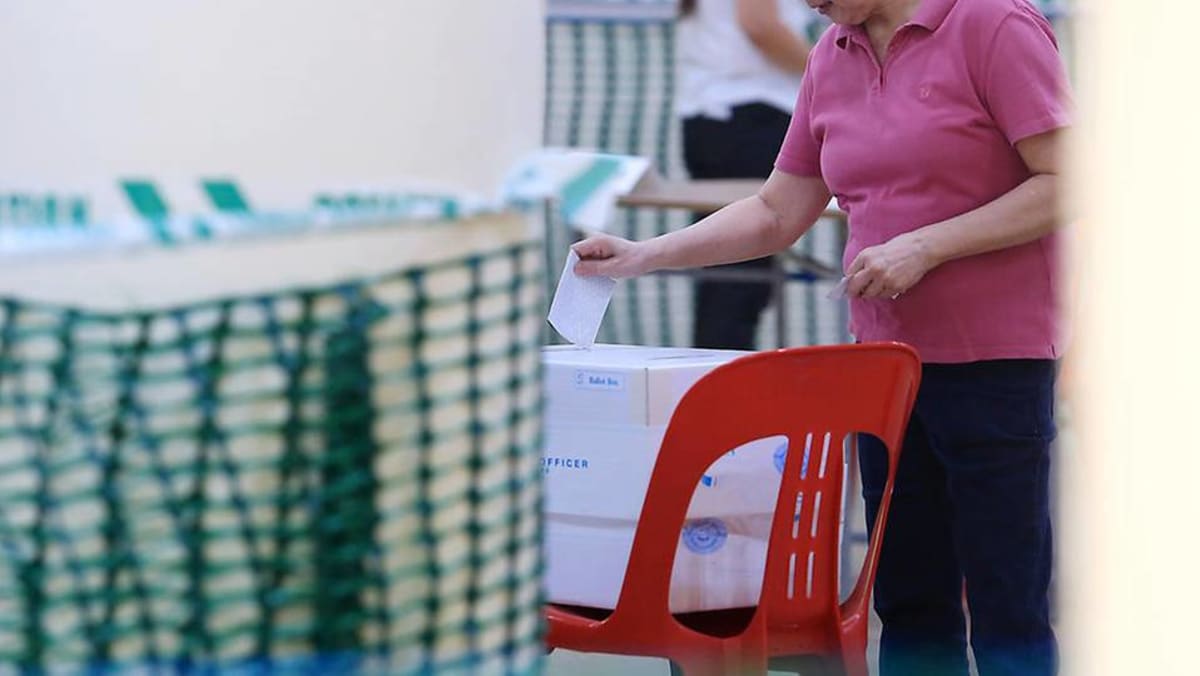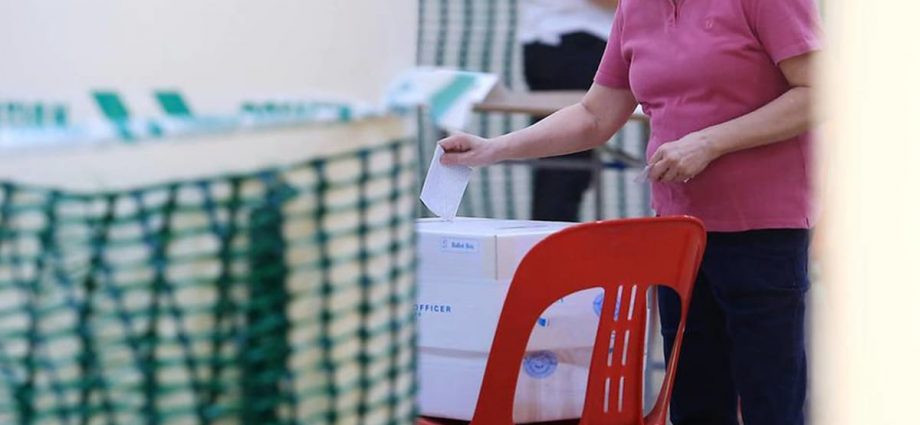
3. UPDATES TO ELECTION ADVERTISING LAWS
Here are five amendments involving online election advertising (OEA) which will take effect under the revised legislation.
First, the scope of OEA has been extended to include amplifying access, such as boosting, reposting, sharing or resharing of existing OEA.
Amplifying access increases the reach of the original content to more users and “has a similar effect to publishing fresh content”, hence should be held to the same requirements, explained Mr Chan.
Second, amplifying access to OEA content which was published before the cooling-off period during Cooling-off Day and Polling Day is prohibited, added Mr Chan.
This is in line with the updated scope of OEA.
The exceptions to the cooling-off period ban will be retained, including for private and domestic communications, such as sharing election-related content within a private chat or closed group with family or a small group of friends.
Third, OEA content will now be considered to be published in Singapore if the content is accessible from Singapore or if it originates in Singapore, he added.
Fourth, the particulars of the person who approved OEA content must now be shown.
This is in addition to what is currently required: The particulars of the person who is responsible for publishing the content, as well as the person who directed it to be published. If the OEA is paid for, it should also show the particulars of the person who paid for it.
Fifth, the Returning Officer will now have expanded powers in addressing OEA breaches.
This will allow him to issue corrective directions to “any content publisher, including social media companies”, to remove or disable access in Singapore to the OEA, or to stop or reduce electronic communication activity involving the OEA, said Mr Chan.
The Returning Officer can also specify that the corrective actions must be taken within a certain period of time, so that breaches are addressed promptly during the short campaigning period.
Currently, the Returning Officer only has powers to issue directions to candidates or their election agents to address certain OEA breaches.
To maintain coherence in the treatment of online and offline election advertising, the published-by requirements, including new additions such as the particulars of those who approved the content, will also apply to non-OEA.
Responding to the amendments involving election advertising, WP’s Ms Lim asked why there was “no consultation or prior information” about these changes, given that these provisions impact the work of political parties “most directly”.
She noted that the changes to election advertising were “very detailed and must have been under consideration for quite some time”, yet the changes were announced just a month ago.
In comparison, ELD had reached out to political parties on the proposal to include postal voting and nursing home voting, which was a “welcome and useful process”, she added.
Mr Chan did not address Ms Lim’s observations.
4. OTHER CHANGES TO IMPROVE ELECTION PROCESSES
The revised legislation will also clarify and improve the election processes via three key amendments.
First, the Returning Officer will be allowed to set up polling stations in the “adjacent electoral division” if it will benefit a large number of voters living near the electoral boundary.
The current rules only permit a polling station to be situated within the electoral division boundary.
Second, all individuals below 16 years old will be prohibited from taking part in election activities. This “age-based” restriction is a “more consistent approach”, explained Mr Chan.
The current rules prohibit “a person attending a primary or secondary school as a student” from taking part in election activities.
Third, the ban on foreigners from participating in election activities will be extended to foreign entities such as foreign firms. This ensures that “Singapore politics is only for Singaporeans to decide”, the minister said.
Amendments were also made to the Presidential Elections Act with the aim of streamlining the presidential election processes.
These include removing the requirement for the Presidential Elections Committee to consider applications from those below 45 years old, and allowing the committee to reject an application from those who do not submit a community declaration for the community that the election is reserved for.

